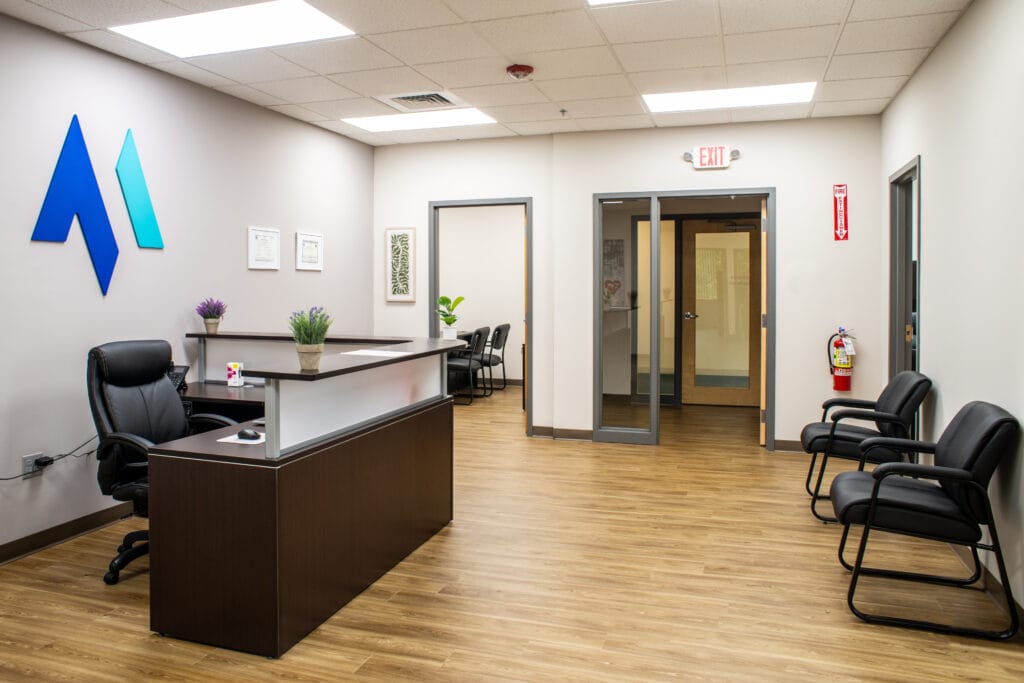Balancing a full-time job while recovering from addiction is no easy feat. It takes dedication, self-awareness, and a carefully structured support system to stay sober while keeping up with the demands of the workplace.
For many, employment provides purpose, routine, and financial stability—all of which can be powerful tools in the recovery process. But it can also introduce stress and pressure that risk relapse if not properly managed. In this article, we’ll explore practical ways to maintain your addiction recovery while thriving at your job.

Addiction recovery is a deeply personal journey that can be mentally and physically exhausting. Add to that the responsibilities of a 9-to-5 job, and it can sometimes feel overwhelming. Some of the most common challenges include managing stress, coping with workplace triggers, dealing with stigma, and finding time for self-care or therapy. It’s important to recognize these hurdles early on and develop strategies to navigate them. Acknowledging that challenges will arise is the first step toward being ready for them.
A solid routine is the backbone of successful addiction recovery. When you add full-time work into the mix, having a predictable, balanced schedule becomes even more crucial. A consistent wake-up and bedtime helps regulate your body and mind, while scheduled meals and breaks support physical health and reduce stress. It's essential to leave time for recovery meetings, counseling, exercise, and downtime. When your day is planned, there's less room for chaos—and for the temptation to fall into old patterns.
Sticking to a routine also helps you develop discipline and resilience. Knowing that you have a structure to follow each day can be grounding and comforting, especially when cravings or emotional turbulence appear. If your job is unpredictable or includes long hours, consider setting boundaries or communicating with your employer about your recovery needs.
Deciding whether to disclose your recovery status at work is a deeply personal decision. There’s no right or wrong answer, only what feels safe and empowering to you. Some people find strength in being open with their managers or HR departments, especially when workplace accommodations might be helpful, such as time off for therapy or flexibility for meetings.
On the other hand, stigma around addiction can still exist, and it’s understandable to be cautious. If you choose to keep your recovery private, you can still create a support system outside of work that helps you manage stress and triggers. If you do decide to disclose, approach it thoughtfully. Prepare for the conversation, consider involving HR, and remember that the Americans with Disabilities Act (ADA) may protect your rights in the workplace.
The workplace can be filled with stressors—tight deadlines, difficult coworkers, demanding customers, and high expectations. For someone in recovery, unmanaged stress can become a significant relapse risk. It’s vital to develop coping mechanisms that help you manage these challenges without turning to substances.
Practices like deep breathing, short mindfulness exercises, or quick walks can be effective in the middle of a stressful day. Learning how to recognize early signs of emotional overload—like irritability, anxiety, or fatigue—can help you intervene before things spiral. Staying grounded throughout the workday, checking in with a sponsor or therapist, or even keeping a journal during lunch breaks can help you stay connected to your recovery.
Self-care is not optional when you’re maintaining sobriety and holding down a job—it’s essential. It’s easy to fall into the trap of giving everything to your job, especially if you're trying to prove yourself after a period of instability. But recovery requires energy, time, and attention. Pushing yourself too hard without recovery-focused downtime can backfire.
This means making sure you get enough rest, eat well, exercise, and engage in activities that relax and rejuvenate you. It could be as simple as reading a book in the evening, taking a hot shower, or attending a group support meeting. The key is to treat self-care as part of your job—just as important as checking emails or attending meetings. Without it, burnout is almost inevitable.
Even if your job takes up a big chunk of your time, it’s vital to stay connected to your recovery community. Whether that’s 12-step meetings, group therapy, or informal meetups with sober friends, these relationships are a lifeline. They remind you that you’re not alone and offer practical advice for handling work-life-recovery balance.
Many recovery groups offer early morning, lunchtime, or virtual meetings that fit into a work schedule. Prioritizing these sessions even once or twice a week can make a significant difference in your mindset and resilience. Regular check-ins with a sponsor or counselor also help you stay accountable and work through any difficulties before they escalate.
Cravings don’t always come with a warning. They can sneak up during a tough day or a conflict with a coworker. That’s why having a plan is key. Know what steps you’ll take if a craving hits while you’re at work. Maybe you’ll step outside for air, call a sober friend, or use a grounding technique.
If your workplace includes environments that were once tied to substance use—like office parties, work-related happy hours, or high-stress celebrations—it’s important to have boundaries. You don’t have to explain everything, but you can excuse yourself early or bring a non-alcoholic drink so you’re not tempted or questioned.
You don’t need to be the perfect employee to succeed during recovery. It’s common to feel like you have something to prove, especially if your past job performance was affected by addiction. But setting unreasonably high expectations can lead to disappointment and self-criticism, both of which are harmful during recovery.
Focus on doing your best each day. Allow room for learning and growth. If you make mistakes or feel overwhelmed, reach out for support. Everyone has ups and downs at work—what matters is how you respond. Practicing self-compassion can help you bounce back faster and build confidence over time.
Don’t forget to acknowledge your wins. Staying sober while holding a job is a huge achievement. Celebrate your progress—whether it’s 30 days clean, a positive performance review, or simply making it through a tough week. These moments build momentum and remind you that recovery and professional success can go hand-in-hand.
You might choose to treat yourself with something healthy or take a small trip to recharge. Sharing your accomplishments with a trusted coworker or friend in recovery can also give you a boost. Recognizing your efforts reminds you that you're not just surviving—you’re building a better life.

Holding down a full-time job while recovering from addiction is absolutely possible, though it comes with its own unique set of challenges. By establishing healthy routines, prioritizing self-care, building a strong support system, and managing workplace stress mindfully, you can thrive in both your recovery and your career. You’re not alone in this journey—and every step you take is a testament to your resilience, strength, and commitment to a better future.
If you or a loved one needs help with an addiction, call us today at 844-909-2560, or email us at info@metaaddictiontreatment.com. You can also visit any one of our three locations, which are open 24/7:
Our flexible outpatient programs can help individuals live the sober life they want and deserve. Best of all, our programs allow individuals to progress in their recovery while still going to work, attending school, or taking care of their family. We understand that recovery must be effective both inside and outside treatment programs and we work hard to help our clients apply the lessons learned in treatment to their everyday lives. For individuals who need sustained support while fulfilling life responsibilities, outpatient treatment with Meta can be an ideal fit.
If you’re not sure whether outpatient treatment is appropriate for you or your loved one, consider taking our assessments.
Don't wait to get help. Start a journey towards recovery today.